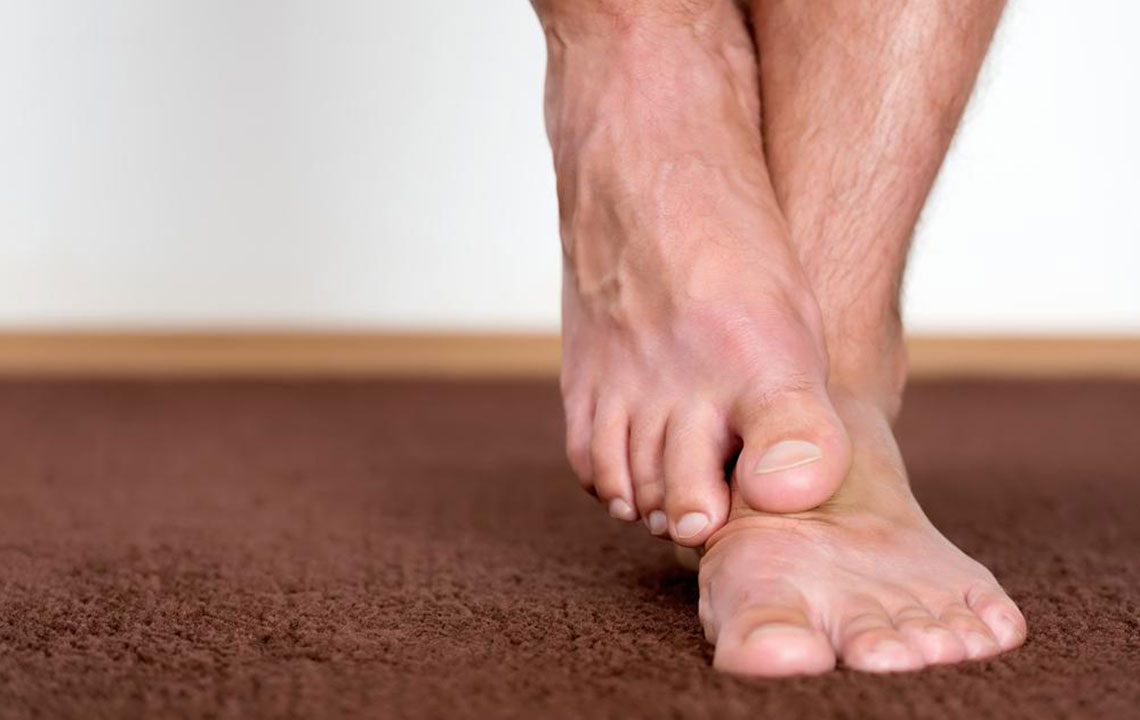Innovative Approaches to Managing Fibromyalgia Discomfort
Discover comprehensive strategies for managing fibromyalgia discomfort, including modern medical treatments, lifestyle changes, and natural remedies. Learn to recognize symptoms early and adopt a holistic approach to improve quality of life. Expert tips focus on symptom relief, alternative therapies, and maintaining overall wellness for those affected by this chronic condition.

Innovative Strategies for Alleviating Fibromyalgia Discomfort
Are persistent body pains and constant fatigue affecting your daily life? Do you experience restless nights or mood swings? You could be facing fibromyalgia, a chronic condition characterized by widespread musculoskeletal pain.
While similar symptoms can appear in various illnesses, key indicators help diagnose fibromyalgia. It is a disorder where nerve signals amplify pain sensations in the body, impacting the brain's processing abilities.
Recent advances have improved treatments beyond basic painkillers. Today, healthcare providers better understand fibromyalgia and tailor treatments to target pain more effectively.
Women are statistically more prone to fibromyalgia pain than men, though the reasons remain unclear. Diagnosis involves a detailed review of medical history since symptoms often resemble other conditions. Common triggers include surgeries, infections, psychological stress, or trauma, but some cases develop gradually without clear causes. Recognizing symptoms like muscle pain, fatigue, headaches, sleep issues, stiffness, anxiety, depression, bowel problems, joint pain, and memory issues is crucial. If experiencing such symptoms, consult a healthcare professional. Treatments focus on symptom relief through medications such as antidepressants, anticonvulsants, pain relievers, sleep aids, and drugs for specific conditions like narcolepsy. Lifestyle modifications, exercises like swimming, yoga, and meditation are recommended to ease discomfort and improve overall well-being. Additionally, natural therapies like vitamin D intake, acupuncture, massage, and chiropractic care can contribute to relief. Effective management requires patience, effort, and a holistic approach.
Note:
This platform provides helpful insights across various health topics. While the information aims to be accurate, it should not substitute professional medical advice. Readers are encouraged to consult healthcare providers for personalized diagnosis and treatment options. The site does not assume responsibility for external data discrepancies or unlisted treatment schemes.










